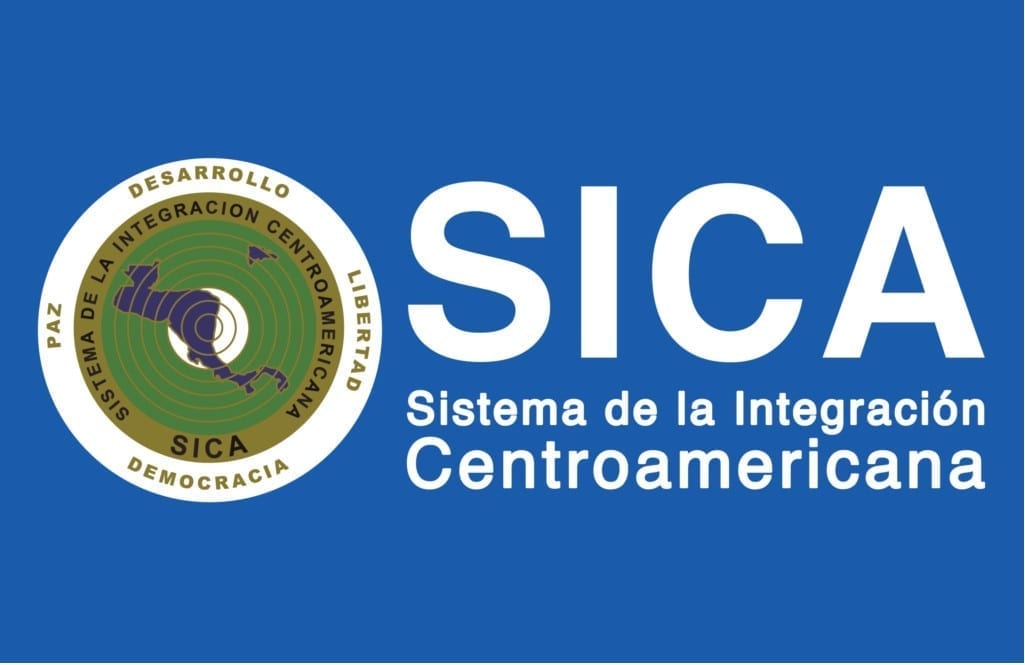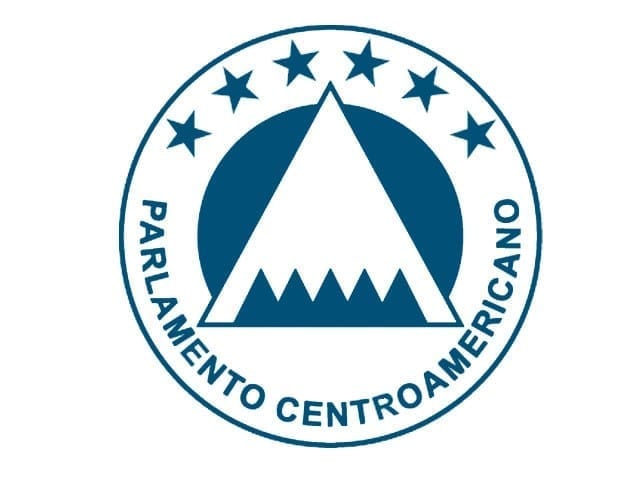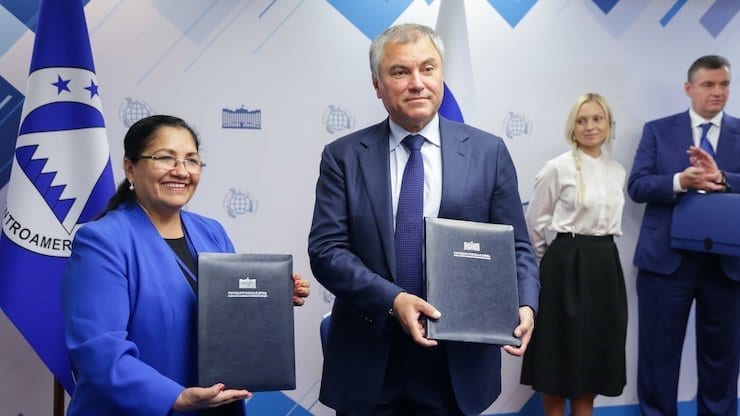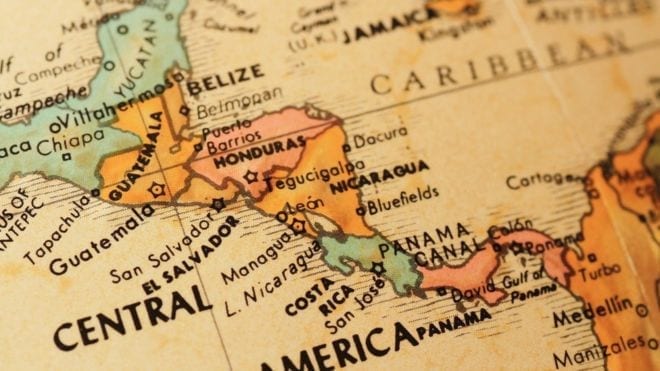The 15th of September is the Central America Independence Day. The national holiday was celebrated in Guatemala, Honduras, Costa Rica, Nicaragua and El Salvador. These states declared their sovereignty from Spain almost 200 years ago. What unites these Central American countries today? How are Russia’s relations with Central America developing now?
199 years ago, under the influence of the gaining momentum of the liberation movement in the Spanish colonies of the American continent, the Central American Independence Act was adopted, which entered into force on September 15. It was on this day that Guatemala, Honduras, Costa Rica, Nicaragua and El Salvador took a decisive step towards sovereignty.
Today, despite the existing difficulties and problems, this region has managed to develop a sustainable model of political and socio-economic development. The diversity of the foreign policy approaches of the Central American countries in recent years has demonstrated their readiness for joint activities both at the regional and international level, the desire to find ways to solve collective problems, as well as to overcome new challenges and threats of our time.
For the Russian Federation, cooperation with Central America is an important component of the Latin American foreign policy vector. A political dialogue on a wide range of issues is developing between Russia and the Central American countries, the legal framework is strengthening, trade and economic cooperation is increasing, interaction is expanding in the international arena and within the framework of various multilateral associations of the region, first of all, the Central American Integration System (CAIS) and the Central American Parliament (PARLACEN).
One of the evidence of close interaction during this difficult period of the pandemic was the allocation of humanitarian aid by the Russian side to combat coronavirus infection to the CAIS and PARLACEN countries. In the Costa Rican capital, 100 Russian test systems and reagents were donated to conduct 10,000 studies for the presence of coronavirus infection in the PARLACEN member states.

Central American Integration System (Sistema de la Integración Centroamericana, SICA)
The Central American Integration System (Spanish – Sistema de la Integración Centroamericana, SICA) is an economic, cultural and political union of Central American states. The region’s free trade zone was established in 1991. The eight states are full participants: Guatemala, El Salvador, Nicaragua, Honduras, Costa Rica, Panama, Belize and the Dominican Republic. First of all, the organization was created to solve the problems of economic cooperation. Nevertheless, in recent years, the association has also dealt with political issues, as well as education, culture and environmental protection.
The beginning of the political dialogue between Russia and the Central American Integration System (CAIS) was laid in 1997 within the framework of the meeting of the heads of foreign affairs ministries in San Jose (Costa Rica). Subsequently, the Russia-CAIS meetings were held at the level of foreign ministers since 1999. As a result of the negotiations, joint communiqués were adopted.
In 2004, a Memorandum of Understanding on the creation of a mechanism for political dialogue and cooperation between Russia and the CAIS countries was signed. Within the framework of this document, it is envisaged and consolidated to hold consultations on international and regional issues, issues of bilateral relations, intensify dialogue and cooperation within the UN and other international forums, support through exchanges in trade, economic, investment, technological, cultural, and humanitarian and other fields. The main form of such a dialogue is meetings of the heads of foreign affairs ministries, which are held at least once every two years.

Central American Parliament (Parlamento Centroamericano, Parlacen)
The Central American Parliament (Spanish – Parlamento Centroamericano, Parlacen) was created in 1991 to strengthen integration, organize dialogue and maintain peace in Central America, as well as for the development of the countries of the region. The association includes the Dominican Republic, Guatemala, Honduras, Nicaragua, Panama and El Salvador. The decisions of the parliament are of a recommendatory nature, and its structure consists of 120 deputies belonging to various parliamentary groups: The Democratic Alliance, The Parliamentary Group of the Left, Centre-Democratic Integration and Democratic Integrationist Union. In July 2019, on the sidelines of the Second International Forum “Development of Parliamentarism” in Moscow, the State Duma Speaker Vyacheslav Volodin and the Chairman of the Central American Parliament (PARLACEN) Irma Amaya Echeverria (Spanish – Irma Segunda Amaya Echeverría) signed a cooperation agreement. This document has become a political and legal instrument on the basis of which joint activities of interest in the Central American region and the Dominican Republic will continue and expand.

On the sidelines of the II International Forum “Development of Parliamentarism” in Moscow on July 2, 2019: The Speaker of the State Duma Viacheslav Volodin and the Chairman of PARLACEN Irma Amaya Echeverria.
Source: Information Agency “Mundiario”
Summing up, it is worth noting that on the occasion of the holiday, the Deputy Foreign Minister Sergei Ryabkov noted on the website of the Foreign Ministry that the Russian side is ready to cooperate with Latin American countries in organizing the local production of the Russian “Sputnik V” coronavirus vaccine. According to Ryabkov, Moscow intends to promote the developing practical cooperation with PARLACEN, on the basis of which “significant large-scale events with a regional projection” are held. In addition, the Deputy of the Russian Ministry of Foreign Affairs highly appreciated the efforts of PARLACEN in promoting scientific and technical ties between the CAIS member states and Russia in this area, including plans to create the Central American Space Academy and the Central American Space Agency.
Today there are great prospects for the development of cooperation between Russia and the countries of Central America in various directions. Nevertheless, drug trafficking remains one of the main regional challenges. Three key routes for cocaine trafficking from Colombia to the United States pass through: the Pacific Ocean, Central America, and the Caribbean. Criminal networks are trying to transfer a significant amount of smuggling precisely through the Central American territory, supplies to Europe are expanding, and this poses a certain threat to Russia.


